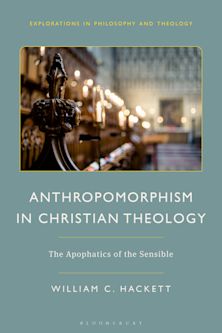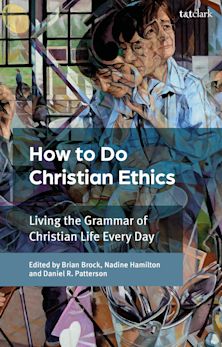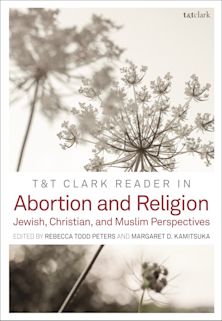Rethinking Equal Opportunity
Dignity, Human Capability, and Justice
- Textbook
Rethinking Equal Opportunity
Dignity, Human Capability, and Justice
- Textbook
This product is usually dispatched within 3 days
- Delivery and returns info
-
Free US delivery on orders $35 or over
Description
This book explores equal opportunity—more accurately “fair equality of opportunity”—as a norm that commands at least casual consent from many U.S. citizens. If we could agree what fair equality of opportunity actually requires, this shared conception could offer a collective normative principle and disposition to advance current policies, practices, institutions, and interpersonal behavior, leading to a more just society.
Even if our collective consent to equal opportunity is devoid of much substance, it forms a shaky platform for a more thoughtful exploration and deliberation of what equal opportunity requires of us individually and collectively. This book offers a substantive concept, principle, and disposition that can guide our thinking about justice and rescue us from an empty cliché. It proposes meaningful content for equal opportunity as a morally, socially, politically, and science-informed conception.
The “how” of equal opportunity requires that society—its structures, its associations, and its individual citizens—foster the capability of persons to become qualified to pursue a variety of outcomes they may choose. The absence of prejudice irrelevant to qualifications in making appointments to positions at some starting line is required but insufficient. Equality of opportunity calls for many renewals by society throughout the lives of its participants, which includes new possibilities for persons disabled or incarcerated and for all persons as they age.
Product details
| Published | Mar 26 2024 |
|---|---|
| Format | Paperback |
| Edition | 1st |
| Extent | 180 |
| ISBN | 9781538191057 |
| Imprint | Rowman & Littlefield Publishers |
| Dimensions | 9 x 5 inches |
| Publisher | Bloomsbury Publishing |
Reviews

ONLINE RESOURCES
Bloomsbury Collections
This book is available on Bloomsbury Collections where your library has access.

































